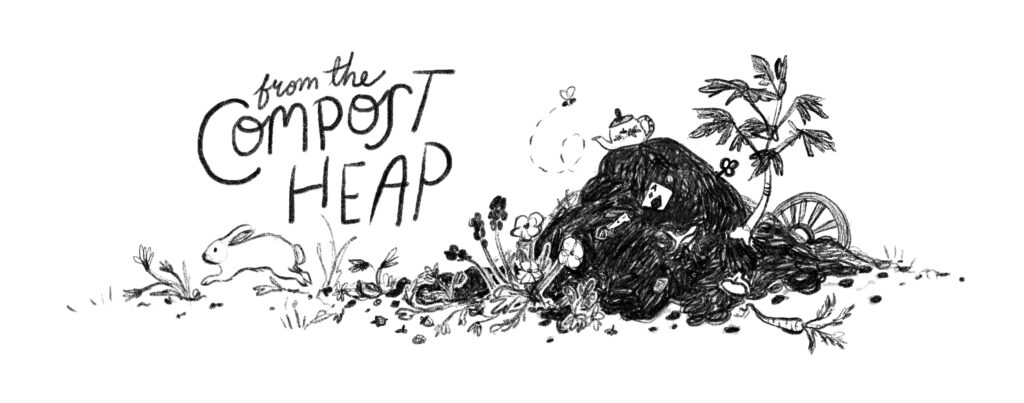“Hey, I work with college students often. Do you know what brings their attention back to the surface after years of Zoom classes, Generative AI cheating, and smart phone usage?
Zines. Freaking zines. You put a zine in an undergraduate’s hands and say “Someone like you made this. You could make this. All you need is some found images, paper, scissors/glue, and your own imagination. No chatgpt necessary.”
They light up, every single time, without fail. They start to recognize how little Generative AI serves them in the long run. They’ve called zines “Anti-AI” to my face and gleefully showed me their first zines with thought, intention, and inventiveness.
Critical thinking isn’t dead in the land of zines. It’s thriving. Academia has to pivot, as much as I loathe that corporate term.”
Abigail Schleifer via Substack Notes
See also: What Are Zines? by Abigail Schleifer
